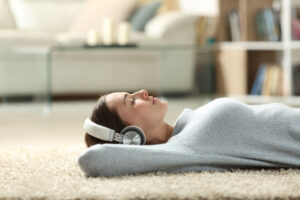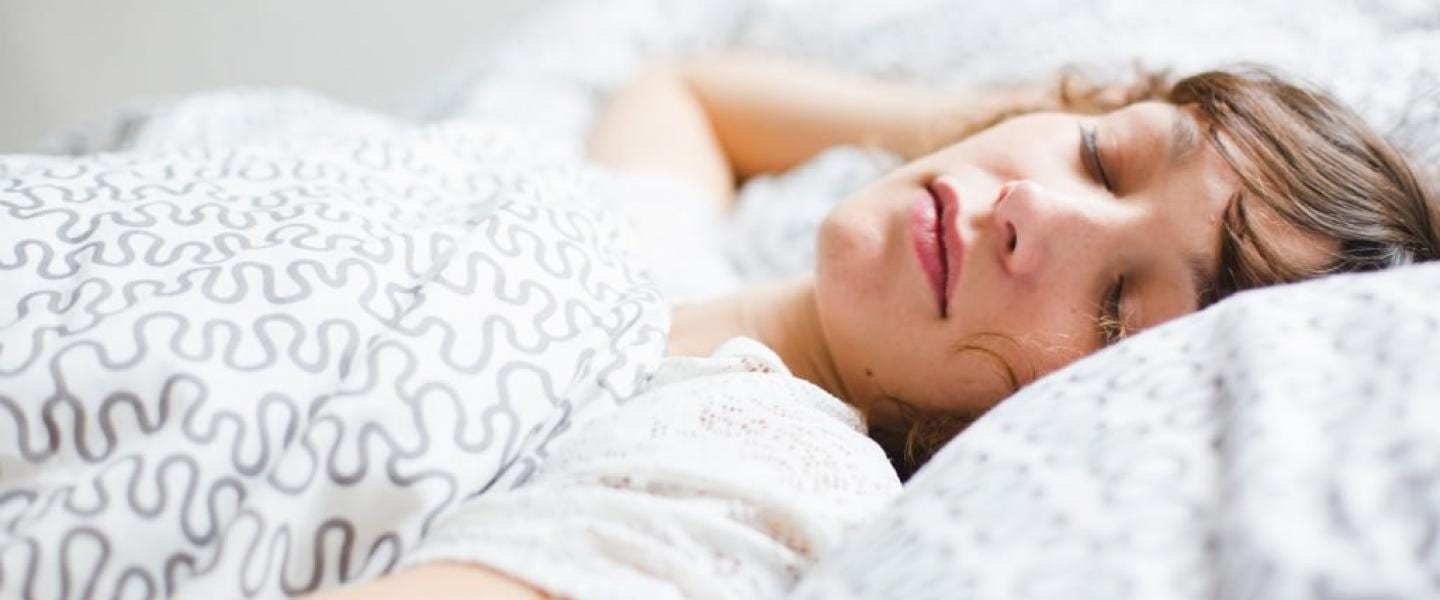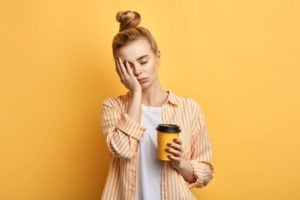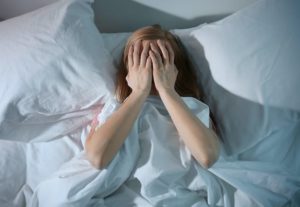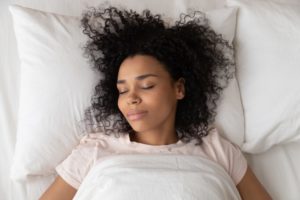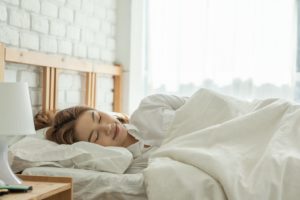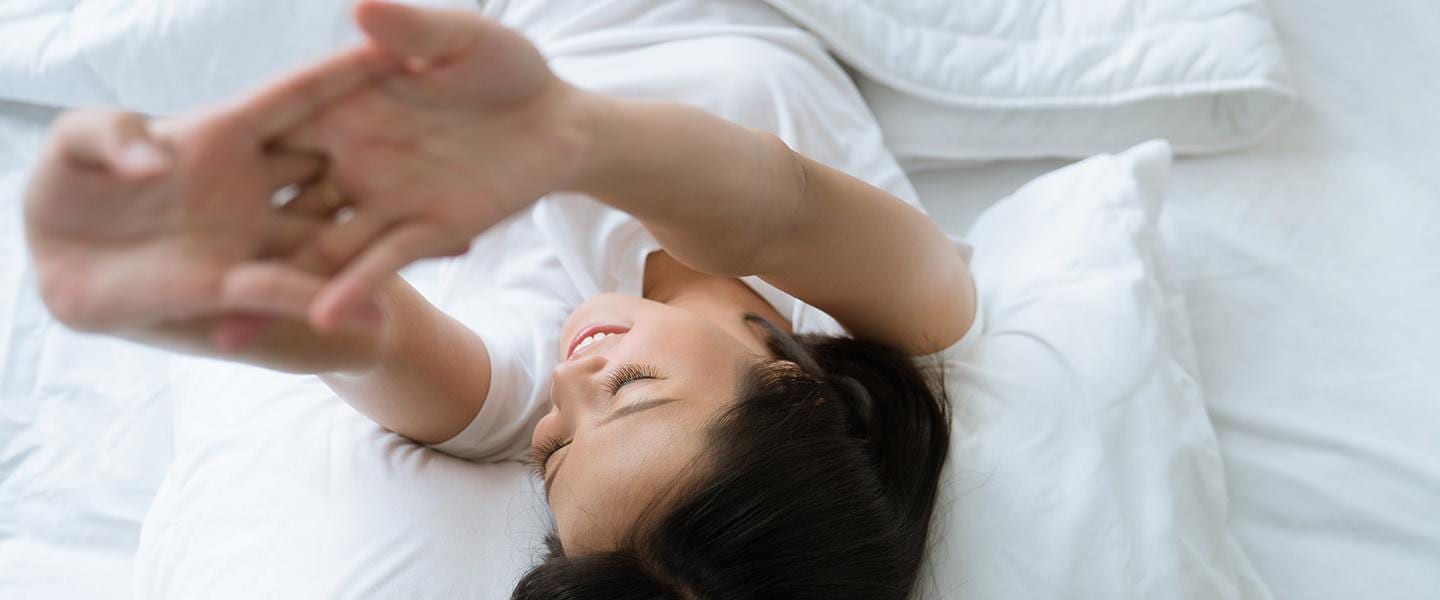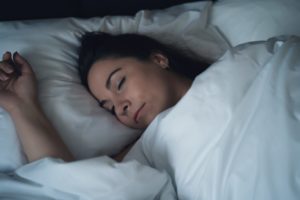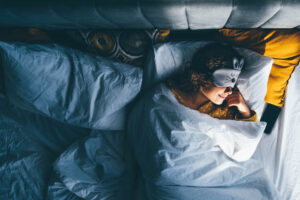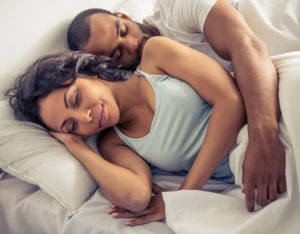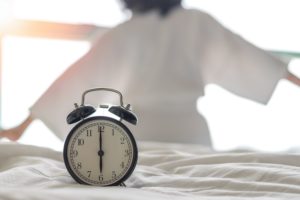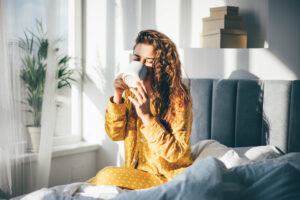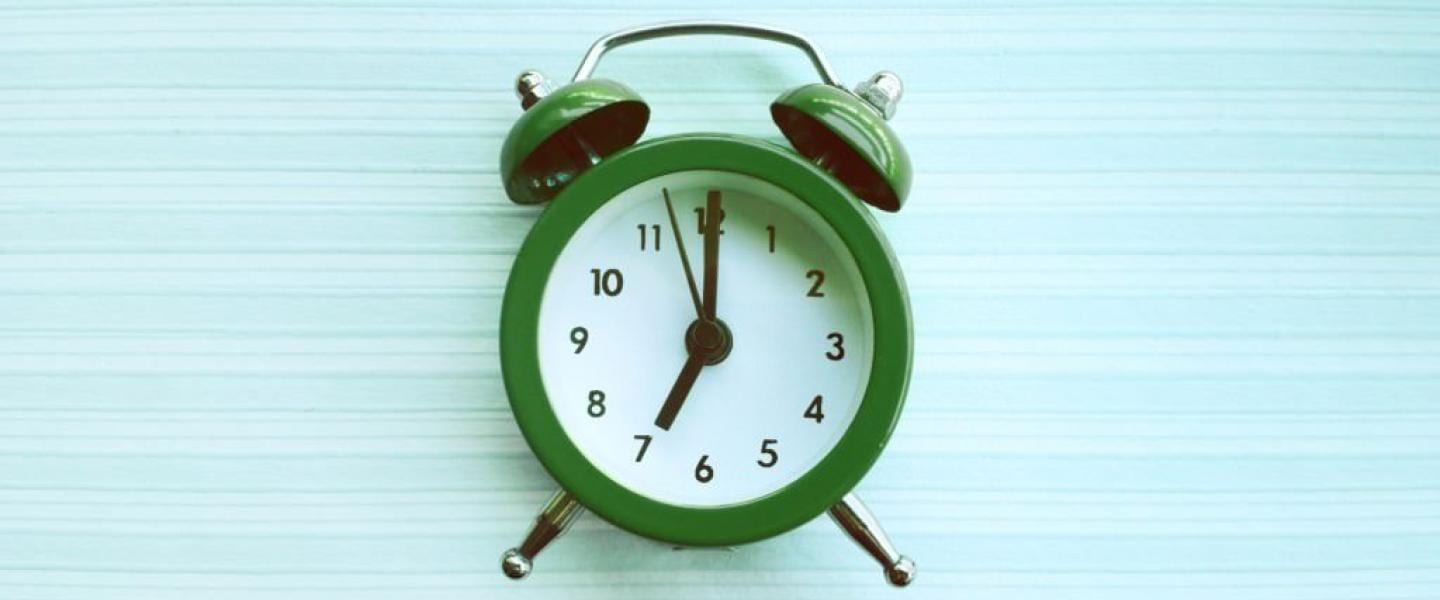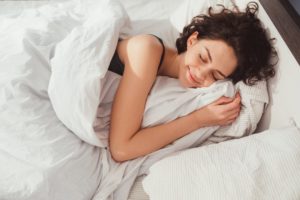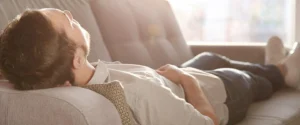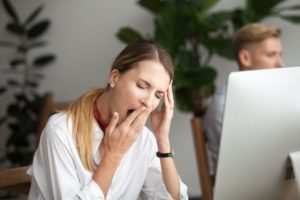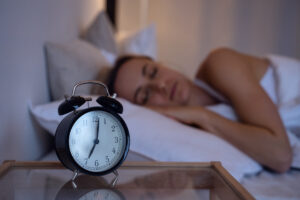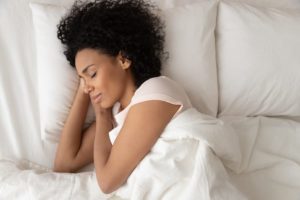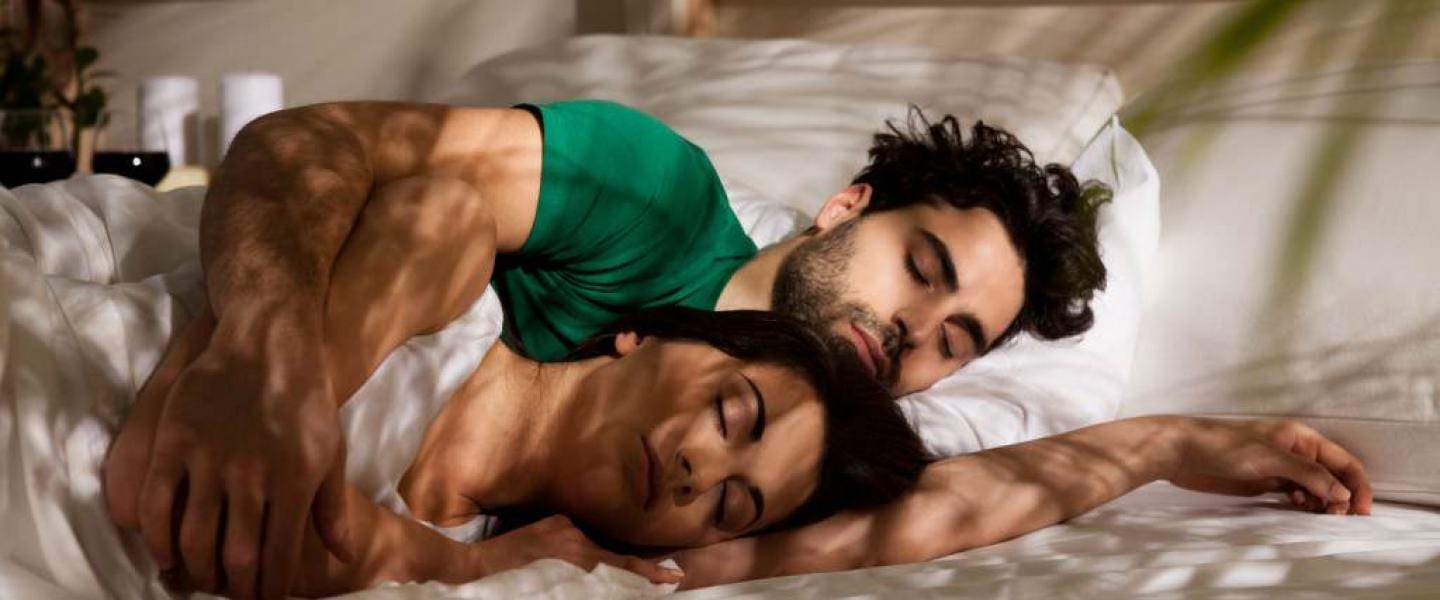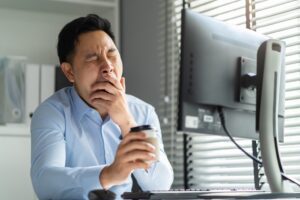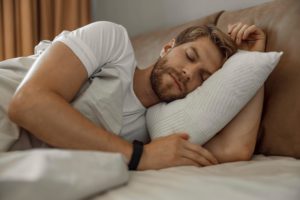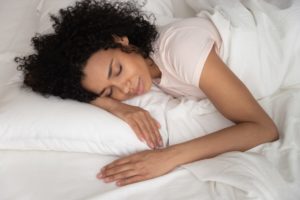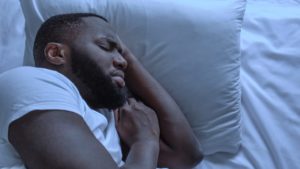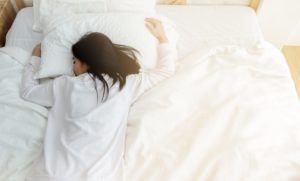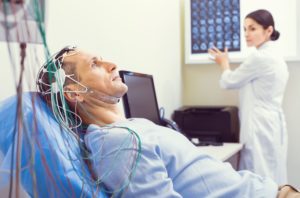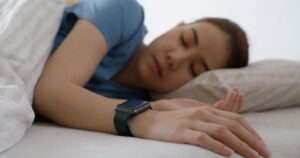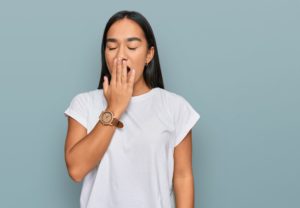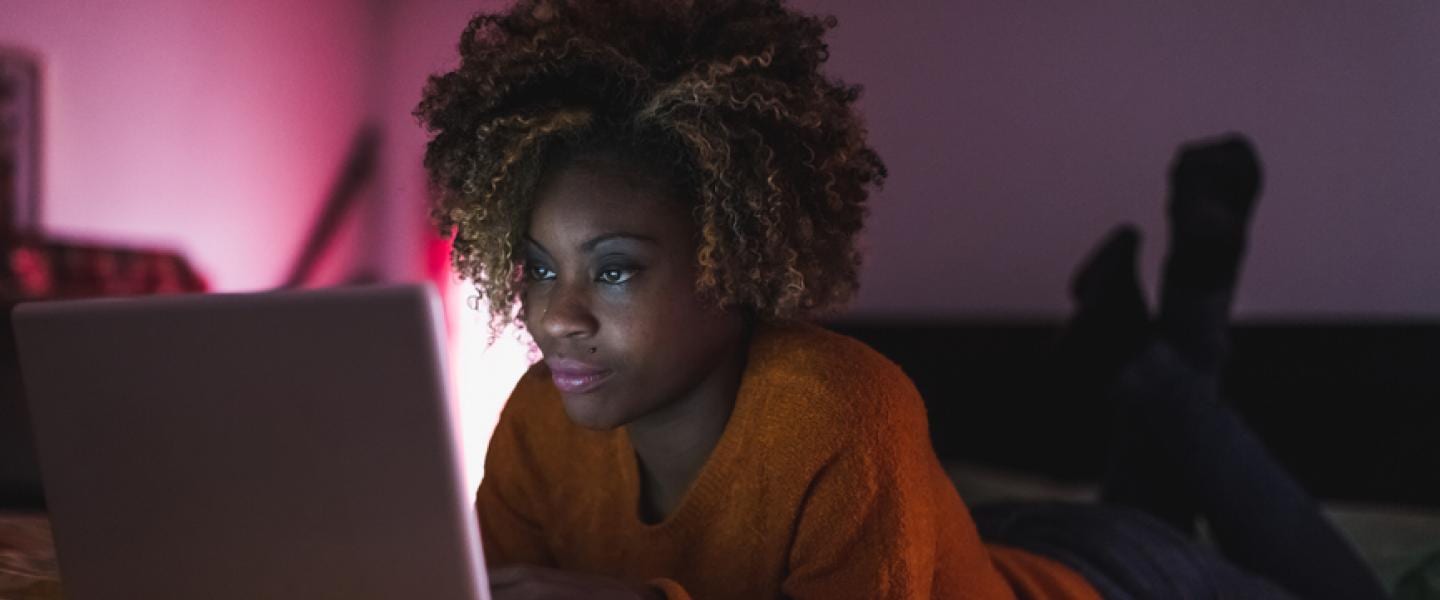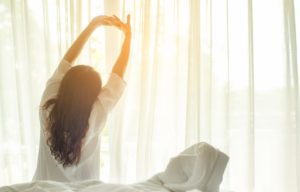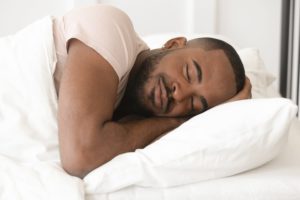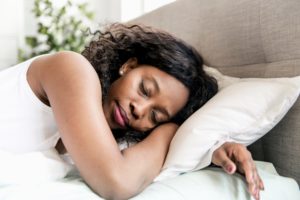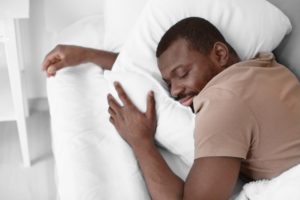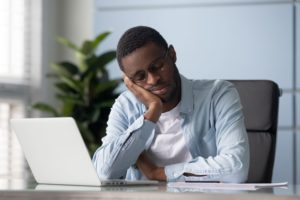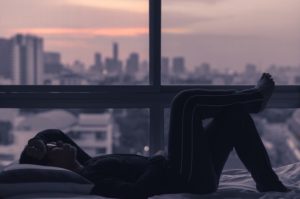What Makes a Good Night’s Sleep
Sleep is a time for the brain and body to engage in vital growth and repair. It’s an essential part of a healthy lifestyle, yet our demanding work schedules, family responsibilities, and busy social lives mean that many people are going short on sleep.
What Is a Good Night’s Sleep?
A good night’s sleep should leave you feeling refreshed, alert, and ready to begin the day. If you happen to wake from a deep sleep, you may need a few minutes to wake up properly. But overall, people with healthy sleep patterns find it easy to fall asleep and experience minimal nighttime awakenings.
Quality sleep is not just about the hours you spend in bed. Fragmented sleep can also disrupt the natural rhythm of the sleep stages, leading to a less productive rest. You may get exactly eight hours of sleep every night and still feel groggy as a result of light or restless sleep.
If you’re experiencing any of the following symptoms, you might not be getting the rest you need:
- Difficulty waking up or falling asleep
- Not feeling well-rested when you wake up
- Feeling tired, sleepy, or drowsy during the day
- Reduced performance or trouble focusing at school, work, or sports
- Excessive reliance on caffeine
- Frequent nighttime awakenings
- Subjective feelings of not sleeping well
In the short term, poor sleep leads to problems with memory, concentration, mood, and daytime sleepiness. Those who are short on sleep may be at a higher risk of car accidents or work injuries.
In the long term, poor sleep has also been linked to a higher chance of developing diabetes, obesity, and heart disease. Shift workers with irregular sleeping patterns have a higher chance of developing breast cancer, stroke, and other medical conditions. Poor sleep may also exacerbate mental health problems such as anxiety and depression.
How Does Sleep Change Throughout the Lifespan?
Sleep needs change as we age, and individual sleep needs can vary depending on a number of additional factors. Sleep is regulated by our circadian rhythm, an internal “body clock” that tells us when to feel sleepy and when to feel alert. If we go too long without sleeping, a function called sleep-wake homeostasis kicks in and makes us feel tired.
Still-developing babies and young children require the most sleep, with most children sleeping 9-10 hours and babies sleeping as many as 18 hours a night. Teens require eight to 10 hours of sleep per night, and adults should be sleeping between seven and nine hours a night.
Older adults also need between seven and eight hours of sleep per night. However, seniors often suffer from light sleep, an earlier circadian rhythm, multiple nighttime awakenings, and a shorter overall sleep time. These problems may be exacerbated by medication or medical conditions.
Some people may have a circadian rhythm that is at odds with societal requirements. For example, teenagers are programmed to wake up and go to sleep later, which is contradictory with early school start times. Likewise, shift workers with constantly changing schedules may find it difficult to keep a consistent bedtime, and their sleep may suffer as a result.
Even among healthy adults, some people are programmed to wake up earlier and some people prefer to wake up later. It’s increasingly recognized that jobs that require early wake times may cause chronic insomnia and secondary health conditions for night owls . Emerging research also suggests that women have a shorter circadian rhythm and require more sleep than men.

How to Wake Up Feeling Refreshed
Ideally, you won’t even need an alarm clock to wake up at the proper time. If you’re getting enough sleep, your body will wake up on its own.
During the night, we cycle through four stages of sleep. Stage one and stage two sleep are considered light sleep, as our bodies prepare to enter a deeper slumber. Stage three sleep is known as slow-wave sleep, when the body carries out repairs and growth. Finally, stage four or rapid eye movement (REM) sleep is when we dream.
It typically takes about 90 minutes to cycle through all four stages of sleep, with time spent in REM sleep increasing as the night goes on. To wake up feeling well-rested, we must get sufficient amounts of both slow-wave and REM sleep.
We feel most refreshed when we wake up during light (stage one or two) sleep. By contrast, waking up during slow-wave sleep can cause feelings of grogginess , and waking up from a vivid dream during REM sleep may be disorienting.
In an attempt to time the alarm with the end of a sleep cycle, some people calculate their bedtime by counting backwards from their preferred wake-up time. However, it’s important to note that sleep cycles can vary in length, even within the same night, and disruptions or difficulties falling asleep can throw off the schedule.
A more sustainable way to train your body to wake up at the right time is to keep a consistent routine, practice proper sleep hygiene, and ensure you get enough hours of sleep overall. Monitoring how you feel when you wake up within the context of this routine can help you identify areas that you might need to adjust. A wearable device or smartphone app may help you track your sleep architecture so you can better plan your night.
Sleep Hygiene Tips for Better Sleep
Sleep hygiene refers to the concept of adopting certain daytime and nighttime habits to improve your sleep. The idea is that by sending day-night cues to your body clock, you’ll be able to establish a circadian rhythm and get better sleep at night.
- Create the Right Bedroom Environment: A dark, cool, and quiet bedroom should help you drift off. To avoid associating your bed with work or other stimuli, it should be reserved for sleeping and sex. Investing in a better mattress, pillow, or sheets may help you feel more comfortable.
- Stick to Your Schedule: Waking up and going to bed at the same time every day is one of the best ways to beat insomnia. Trying to catch up on missed sleep by sleeping in on weekends is disruptive to your circadian rhythm, so a short nap in the early afternoon may be a better option if you’re suffering from sleep debt. And, since fragmented sleep is not as refreshing, try to wake up the first time your alarm goes off instead of hitting snooze.
- Limit Technology: Blue screens have an arousing effect, so sleep experts recommend turning off your phone an hour before bed and silencing notifications. Avoid turning the overhead light on if you wake up in the middle of the night, using a nightlight instead if necessary.
- Harness Sunlight: Exposure to daylight early in the day can help you regain a more natural circadian rhythm . It also improves the quality of your sleep, leading to longer periods of slow-wave sleep.
- Exercise and Eat Well: Exercising and eating well can actually help you sleep better at night, as long as you don’t exercise too late in the day. Avoid eating big meals too close to bedtime, especially if you suffer from heartburn, and reduce your alcohol and caffeine intake as these stimulants can disrupt sleep.
- Relax: If stress is keeping you up at night, try practicing yoga, meditation, or other relaxation techniques. Many people find that a soothing bedtime routine helps them get sleepy in preparation for bedtime. This may include things like reading a book, taking a bath, brushing your teeth, and putting on pajamas. If you find yourself tossing and turning for more than 15 minutes, get up and do an alternate relaxing activity for a while before trying to sleep again.
- Use Sleep Aids with Caution: Melatonin, sleeping pills, CBD oil, and other sleep aids have been used successfully by many people, but they may have side effects and should only be used as a last resort.

Still have questions? Ask our community!
Join our Sleep Care Community — a trusted hub of product specialists, sleep health professionals, and people just like you. Whether you’re searching for the perfect mattress or need expert sleep advice, we’ve got you covered. Get personalized guidance from the experts who know sleep best.
References
8 Sources
-
National Institute of Neurological Disorders and Stroke. (2022, April, 1). Brain basics: Understanding sleep., Retrieved November 9, 2020, from
https://www.ninds.nih.gov/health-information/public-education/brain-basics/brain-basics-understanding-sleep -
A.D.A.M. Medical Encyclopedia. (2018, July 12). Sleep disorders in older adults., Retrieved November 9, 2020, from
https://medlineplus.gov/ency/article/000064.htm -
Jones, S. E., Tyrrell, J., Wood, A. R., Beaumont, R. N., Ruth, K. S., Tuke, M. A., Yaghootkar, H., Hu, Y., Teder-Laving, M., Hayward, C., Roenneberg, T., Wilson, J. F., Del Greco, F., Hicks, A. A., Shin, C., Yun, C. H., Lee, S. K., Metspalu, A., Byrne, E. M., Gehrman, P. R., … Weedon, M. N. (2016). Genome-Wide Association Analyses in 128,266 Individuals Identifies New Morningness and Sleep Duration Loci. PLoS genetics, 12(8), e1006125.
https://pubmed.ncbi.nlm.nih.gov/27494321/ -
Santhi, N., Lazar, A. S., McCabe, P. J., Lo, J. C., Groeger, J. A., & Dijk, D. J. (2016). Sex differences in the circadian regulation of sleep and waking cognition in humans. Proceedings of the National Academy of Sciences of the United States of America, 113(19), E2730–E2739.
https://pubmed.ncbi.nlm.nih.gov/27091961/ -
Hilditch, C. J., & McHill, A. W. (2019). Sleep inertia: current insights. Nature and science of sleep, 11, 155–165.
https://pubmed.ncbi.nlm.nih.gov/31692489/ -
Howard S. K. (2005). Sleep deprivation and physician performance: why should I care?. Proceedings (Baylor University. Medical Center), 18(2), 108–113.
https://pubmed.ncbi.nlm.nih.gov/16200156/ -
Stothard, E. R., McHill, A. W., Depner, C. M., Birks, B. R., Moehlman, T. M., Ritchie, H. K., Guzzetti, J. R., Chinoy, E. D., LeBourgeois, M. K., Axelsson, J., & Wright, K. P., Jr (2017). Circadian Entrainment to the Natural Light-Dark Cycle across Seasons and the Weekend. Current biology : CB, 27(4), 508–513.
https://pubmed.ncbi.nlm.nih.gov/28162893/ -
Wams, E. J., Woelders, T., Marring, I., van Rosmalen, L., Beersma, D., Gordijn, M., & Hut, R. A. (2017). Linking Light Exposure and Subsequent Sleep: A Field Polysomnography Study in Humans. Sleep, 40(12), zsx165.
https://pubmed.ncbi.nlm.nih.gov/29040758/


